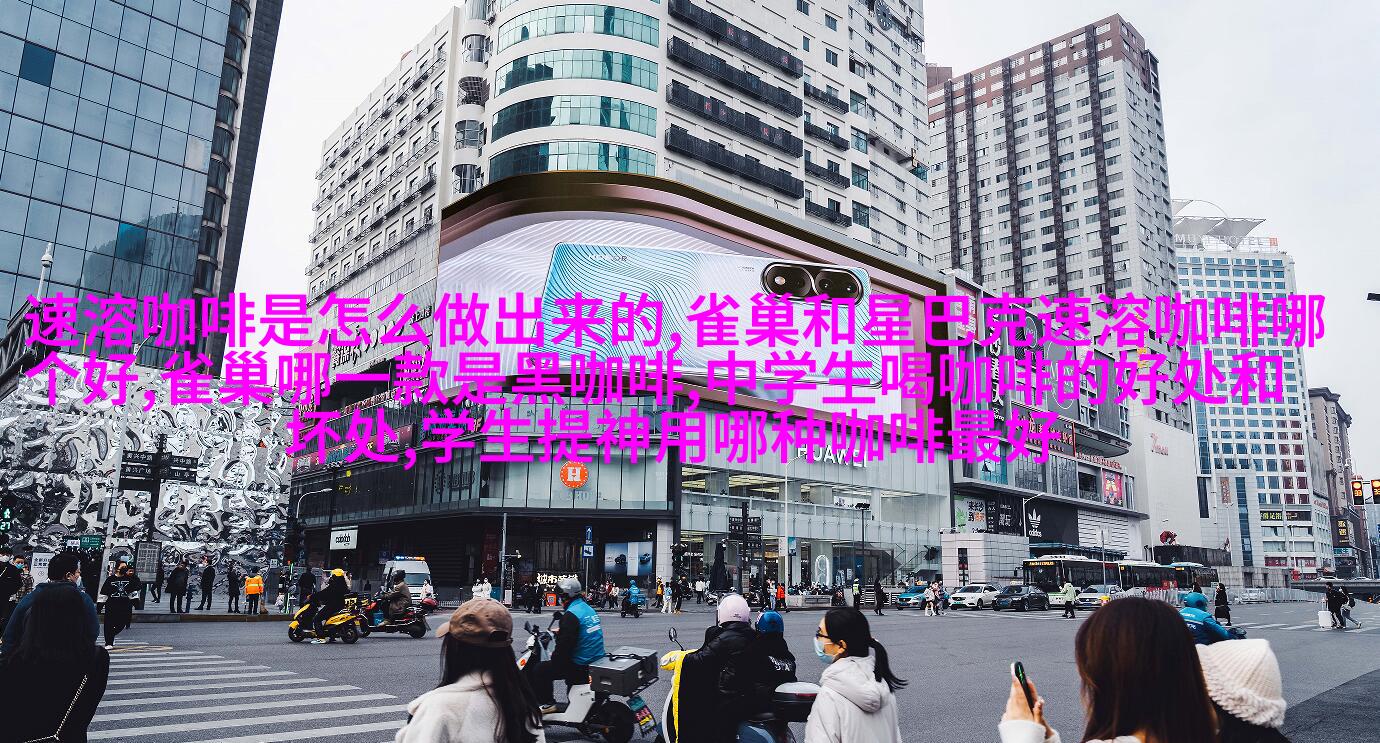首页 - 速溶咖啡 - Unraveling the Mystique of Chinese Idioms in Engli
Unraveling the Mystique of Chinese Idioms in English Translation

Introduction
Chinese idioms, also known as "chungu" or "cicheng," are an integral part of the language and culture. They consist of a combination of two characters that convey a deeper meaning beyond their literal translation. Translating these idioms into English can be challenging due to cultural differences and nuances in expression.

The Significance of Chinese Idioms
Chinese idioms have been used for centuries to add depth, richness, and complexity to everyday conversations. They often draw from historical events, literature, or mythology and offer insights into cultural values and beliefs.

Challenges in Translating Chinese Idioms
Translating Chinese idioms into English is not an easy task due to linguistic differences between the two languages. Many expressions rely on wordplay or puns that do not translate directly into English.

Cultural Insights for Accurate Translation
To accurately translate Chinese idioms, it is essential to understand their cultural context and connotations within the broader framework of Chinese history and culture.

Mastering the Craft: Tips for Effective Translations
There are several tips one can follow when translating Chinese idioms:
Familiarize oneself with common idiom structures.
Understand the underlying meaning behind each idiom.
Be aware of potential pitfalls such as false friends (words that look similar but have different meanings).
Use figurative language like metaphors or similes when possible.
6 Conclusion
猜你喜欢
- 2025-04-25解析APP商业模式从用户需求到盈利策略的全方位设计
- 2025-04-25瑞幸加盟攻略揭秘家用咖啡机十大排名品味生活选出最佳咖啡伴侣
- 2025-04-25高脂肪血症别急着放弃咖啡了解其对心脏健康的影响
- 2025-04-25咖啡香浓提升精力与集中力
- 2025-04-25by1259无法观看问题by1259视觉体验不畅
- 2025-04-25清华智库金融界巨流河的新航道
- 2025-04-25黄鹤楼下李白的飞翔解读登黄鹤楼中的意境与哲思
- 2025-04-25咖啡豆价格走势图揭示了哪些全球贸易趋势
- 2025-04-25新兴技术如何影响中国的金融体系2022年论坛将如何探讨这一议题
- 2025-04-25家用咖啡机十大排名品味生活选出最佳咖啡伴侣喝咖啡会掉头发吗

